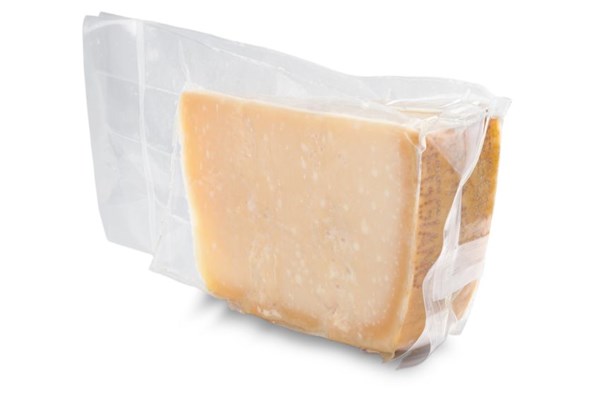Biocompatible, Zinc-Based Antibacterial Plastic Treatment
Two-year-old Dutch-Italian startup company invents biocompatible, high kill-rate antibacterial treament for any plastic.
A unique patented antimicrobial treatment has been developed by Parx Plastics, a two-year-old business founded by Michele Fiori and Michael van der Jagt to explore the possibilities of creating antibacterial plastics. Headquartered in The Netherlands, with laboratory and production facilities in Italy, Parx Plastics was named by the European Commission as one of top three tech startups in Europe in the prestigious Tech AllStars competition 2014.
By applying biomimetics and nanotechnology, a method was developed to make an intrinsic change to any plastic that results in a mechanical/physical property that acts against bacteria or microorganisms, according to van der Jagt. The technology does not use chemicals, biocides, heavy metals or nanoparticles. Instead, it makes use of the one of the body’s most abundant trace elements: zinc. Moreover, it is said to kill 99% of the bacteria and microorganisms that are on the surface of a product within 24 hours, in step with ISO 22196 testing guidelines. Says van der Jagt, “The technology can be used nearly for any end-use product, but its unique characteristics—biocompatible, non-toxic, non-migratory, makes it especially suitable for food packaging to prolong shelf life and medical devices where it reduces the chances of infection with implants.”
To date, the treatment has been applied to BPA-free copolyester Tritan EX401 from Eastman Chemical where its successful incorporation of the antibacterial property resulted in 98.7% for Gram- and 98% for Gram+ bacteria. The material is targeted at infant care products and the Parx technology opens up broader opportunities. “So, if you need to make an antibacterial product that is normally made out of Eastman’s Tritan, we will treat 3% of the Tritan granulate/pellets of the Tritan you require. That 3%-treated plastic is referred to as Saniconcentrate, which is mixed in with the untreated 97% portion prior to production. We are now in direct contact with the molder of one of these products,”says van der Jagt. He also notes that the company has had equally successful results in applying its treatment to BASF’s Terluran GP-35 ABS copolymer, a standard ABS grade with a low viscosity used in a very wide range of applications.

Related Content
-
Compatibilizer for Nylon/ABS Alloys
CAI Performance Additives’ ST-AN3230 has shown to improve both compatibility and performance of nylon/ABS alloys.
-
ICIS Launches: Ask ICIS Generative AI Commodities Assistant
Said to be the first of its kind, this AI assistant will enhance access to ICIS’ intelligence and insights for the energy and chemical markets.
-
Intrinsic Viscosity Enhancer for rPET and PET Food-Contact Applications
Nexam’s Nexamite MO2100 rebuilds molecular weight and increases IV to enable upcycling of rPET.















